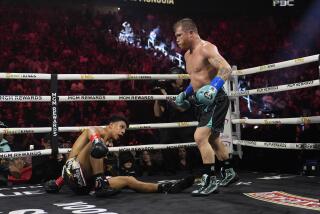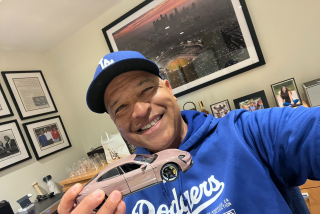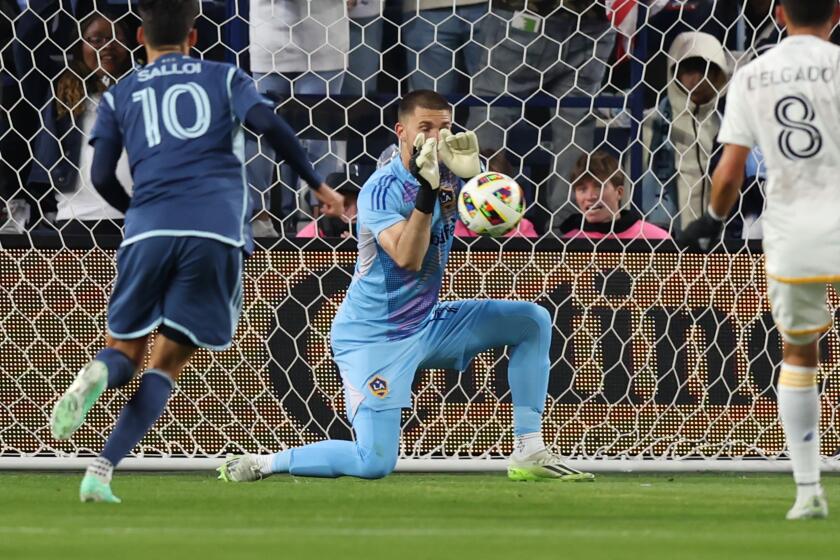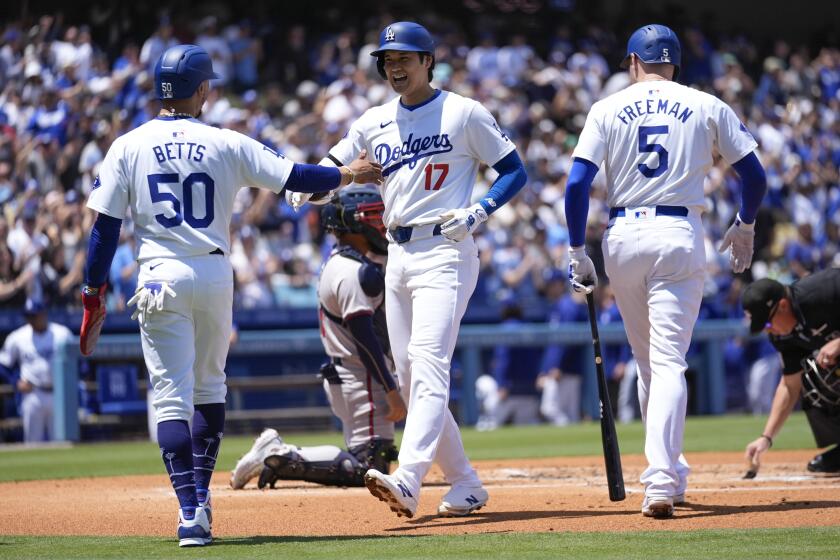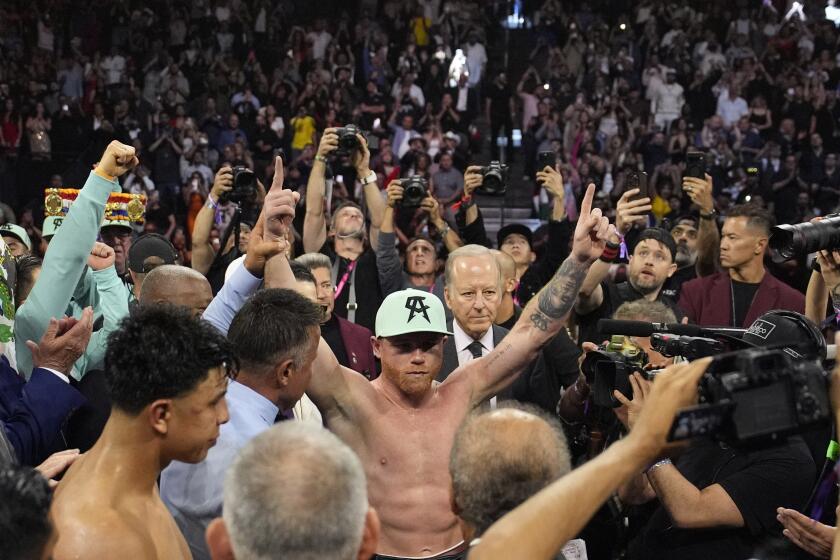Bunning Criticizes Baseball Leaders
Pitcher-turned-politician Jim Bunning used his Hall of Fame podium to campaign for baseball to hire a commissioner, saying Sunday that the sport must solve its problems “before the Congress of the United States gives up on you and intervenes.”
With banned Cincinnati Reds owner Marge Schott applauding in the audience, the Kentucky Republican asserted that “for over four years, baseball has been rudderless. Get a rudder.”
After thanking his family, teammates, coaches and others who helped him be successful, Bunning turned his attention to the trouble that has plagued baseball for a few years.
“Get your house in order,” he told owners, his voice rising. “Find a way to share revenue without asking players to foot the bill.”
He also called on players to act responsibly off-the-field, and urged the sides to sign a 10-year labor deal and mutually to “pick a commissioner, a real commissioner.”
Before Bunning, the only member of Congress in the Hall, gave his 29-minute speech, the annual induction ceremonies at Cooperstown, N.Y., had been a pleasant blend of reminiscing and giving thanks.
Earl Weaver playfully jibed fellow Hall member Jim Palmer, who stood when his former Baltimore manager was introduced. Weaver, whose “acerbic wit” was noted on his plaque, made sure, however, to include Palmer on the list of the game’s greatest pitchers.
“I don’t want to forget Jim Palmer or he’ll write another bad book about me,” he said.
Weaver also praised the umpires who ejected him so often, drawing a laugh from the crowd of 10,000.
“They made a million calls when I was there and, except for the 91 or 92 times I disagreed, they got them right,” he said.
Ned Hanlon, a turn-of-the-century manager who also prospered in Baltimore--he even gave the team its original orange and black colors--was remembered by his grandson, Edward, one of 118 Hanlon family members on hand for the occasion.
The late Bill Foster, a star pitcher in the Negro Leagues in the 1920s and 1930s, was recalled by his son, Bill Sr., who said he wished he’d had the opportunity to say, ‘Dad, you made it.”’
More to Read
Get our high school sports newsletter
Prep Rally is devoted to the SoCal high school sports experience, bringing you scores, stories and a behind-the-scenes look at what makes prep sports so popular.
You may occasionally receive promotional content from the Los Angeles Times.

